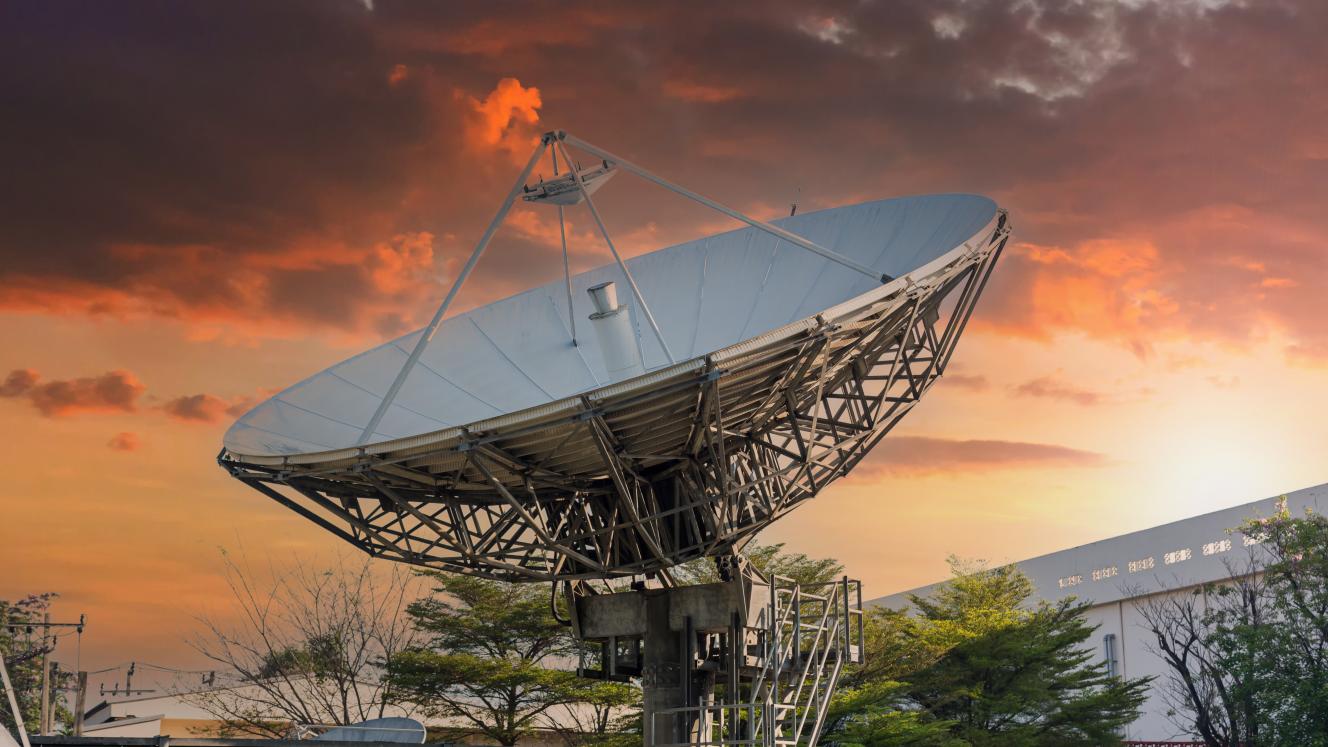As South Africa weighs the promise of satellite internet, telecommunications experts are warning that it could widen, instead of close, the digital divide. Despite global praise for services like Starlink, critics say the technology is too expensive, too limited, and too disconnected from the realities of rural life in South Africa.
Among them is Sean Shipalana, a leading voice in infrastructure development and Director of Moropa Site Solutions, a telecommunications company working to expand tower infrastructure, particularly in rural, underserved communities. Shipalana warns that the excitement around satellite risks overshadowing real, workable solutions.“Satellite internet is not a solution for the rural poor. It’s a solution for the wealthy, for remote tourist lodges, and for niche cases. We cannot build a connected nation on technology that excludes the majority,” says Shipalana.
He adds that, while the promise of satellite sounds appealing, the practical realities cannot be ignored. These include:
- The hardware alone costs more than R6000, with a monthly subscription that is impossible for most rural households to afford.
- The service requires constant electricity and fixed installation, making it ineffective in mobile, informal or load-shedding-prone environments.
- Starlink does not offer GSM or phone call functionality without specialist equipment.
For rural communities being able to make a call is critical, especially in emergency situations.
“It is being sold as a silver bullet, but in reality, satellite is a designer solution for the few who can afford it, not a national strategy for our nation,” comments Shipalana.
Jobs, Growth and Local Empowerment
Shipalana says reducing investment in tower infrastructure to prioritise satellite alternatives also means cutting the economic lifeline that tower ecosystems bring. They support thousands of jobs through ongoing maintenance, construction, and servicing of equipment. They also provide income to local landowners through ground rentals, while entire communities benefit from related investments such as power infrastructure upgrades, improved access to educational resources, and reliable communication.
“Satellite companies don’t build roots in communities. They don’t create jobs. They don’t ask how they can support local development. We need the solutions that address our nation’s specific challenges,” says Shipalana.
Moropa is calling on government and regulators to protect the local telecommunications economy. “If we want real, inclusive digital progress, it has to be built from the ground up. We must work with communities, for communities,” says Shipalana.














